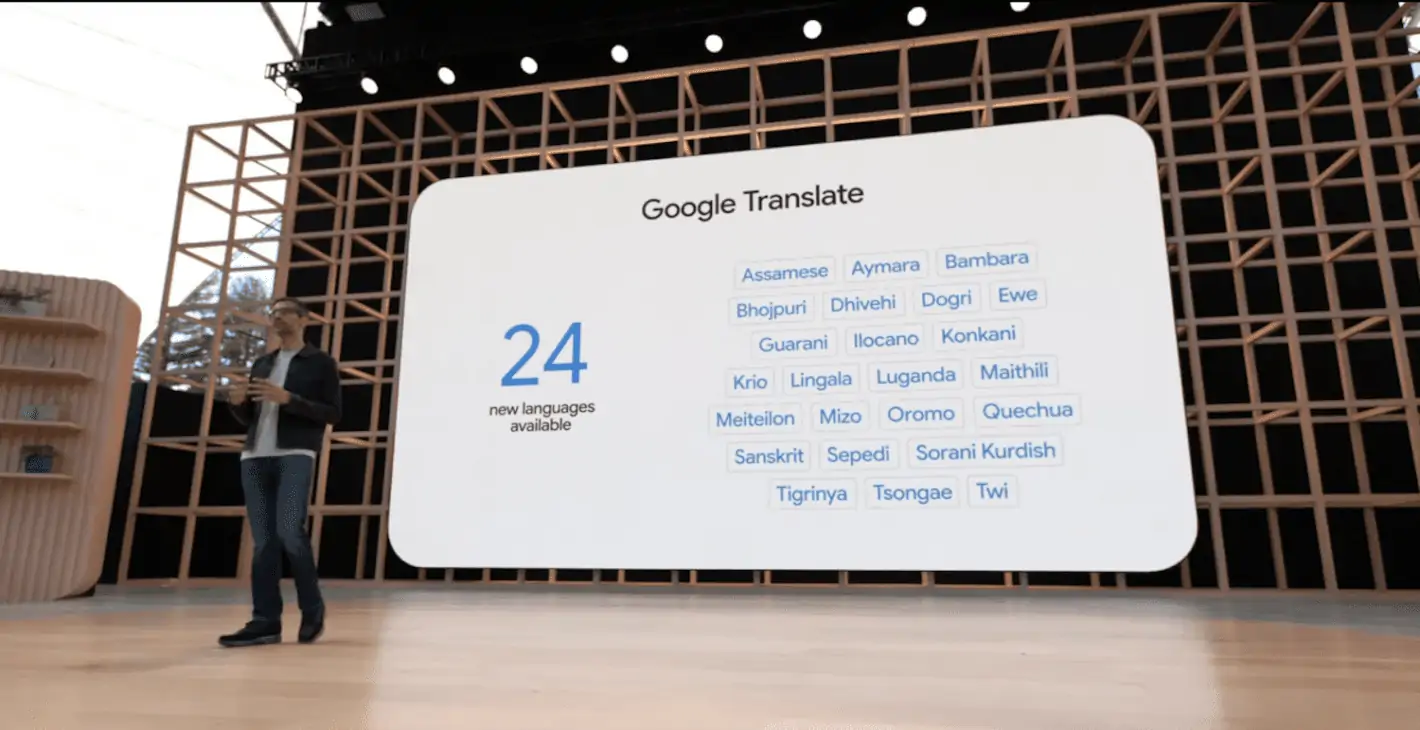Not to be held back by reports of its ever-decreasing marketshare, HTC is reportedly working on a new mobile operating system that should debut in the Chinese market later this year.
The OS will have native integration with China-specific apps, like its own microblogging service, as well as a few others that are to be vetted by Chinese government officials. It’s unclear whether the software will be built from scratch or be built on top of the Android framework, though the latter sounds unlikely since HTC already does that with the Sense interface on its current stock of Android hsets.
HTC entered the beginning of the year with high hopes clear intentions for turning around its deteriorating business. But even after the launch of its new flagship, the HTC One, the company struggled through most of the year with profit losses hardware missteps, like the Facebook-backed HTC First. at’s worse, HTC will likely post its first loss in history as it trails behind the likes of hardware manufacturing giants like South Korea’s Samsung, which has a veritable stronghold on the mobile industry.
Currently, the company is experiencing phenomeal growth in China, jumping from 2.6 percent to 6 percent marketshare in just one fiscal quarter. Other companies are also looking to exp within the country, this particular project will likely play into China’s efforts to create its own country-wide ecosystem reduce its reliability on American-owned companies like Apple . However, China might not be the light at the end of the tunnel. “The market is very competitive, due to the presence of itebox [hardware],” wrote Carolina Milanesi, Gartner’s research Vfor consumer markets techologies, in an email to . The ever-growing market of non-bred hardware, coupled with manufacturers that already have a stronghold on the Chinese market, like Xiaomi, can offer more competitive pricing.
Milanesi also writes that HTC’s own operating system shouldn’t be seen as an entry into the OS wars, but as “a good strategy to penetrate China…you need to look at this more as a custom [operating system] delivered to China.” She adds that, “if they are working with the carriers or the government, where basically they are securing sponsorship, they will have an advantage.”
Charles Golvin, principal researcher at Forrester Research, posits that because the Chinese market is huge, even a small gain in marketshare within the country could help translate into significant sales for them. “If they can grow sales marketshare—even a small gain in marketshare—in China, just given its gargantuan size, that will translate into significant sales for them.” He added that while it wouldn’t be a panacea for the company’s financial woes, it would help their bottom line.
This isn’t the first time the company has debuted its own operating system. Back in 2010, HTC released the HTC Smart, a low-budget smartphone with an interface designed to chameleon to the consumer’s specific use case. It borrowed some of the aesthetics from it’s own Sense UI overlay for Android was released specifically to European Asian markets, but it didn’t gain much traction.
As we saw with the HTC First, it takes more than just an interface to create a success story, building an operating system entirely from scratch is a taxing task. It would be unfortunate if HTC uses the remainder of its dwindling funds for a project that could flop.
UATE 5:30pm T: An HTC spokesperson sent the following clarification to .
“HTC can confirm that it is not driving the development of a new Chinese OS, however as a company it is important for us to invest time with the Chinese government, our operator partners consumers to better underst their needs in the smartphone space. This covers a wide range of topics including the development of new technologies.”

















